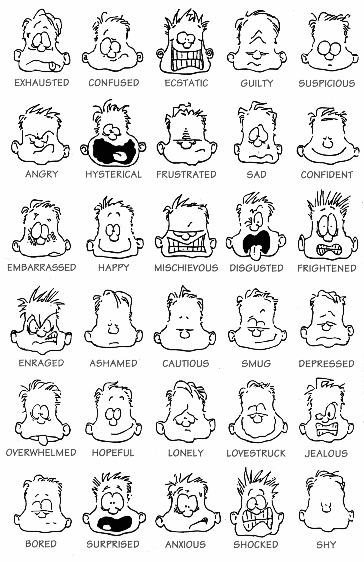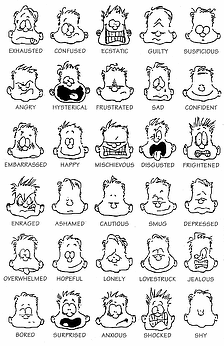Note: If you're interested in more updated perspectives on these topics, then we invite you to check out these blog posts:
Otherwise, read on!
Nearly every company watches rational market drivers such as price and product innovation. But today’s customers aren’t deciding how to shop based on these traditional, rational forces alone—they’re also highly influenced by their emotional experiences with a brand.
Tuning into customers’ emotional needs is a prerequisite for achieving Customer Engagement. Customer Engagement is important because engaged customers are the ones that stick around for years. They bring in new business with their ebullient recommendations. Ultimately, Customer Engagement boosts your organization’s profit margin, share price, and ROI.
But customers’ emotions aren’t one-size-fits all. In order to figure out what each customer wants, front-line employees and managers must have tools that help them maximize their own emotional intelligence.
Emotional intelligence is the ability to identify and appropriately respond to one’s own emotions and the emotions of others. In business, it is becoming more widely accepted that this intelligence has great influence in HR. However, few customer satisfaction programs train service reps and front-line managers how to read and appropriately respond to customer emotions. Empowering employees in this way is what separates the customer service wheat from the chaff, so to speak.
Daniel Goleman, the author who had the most influence in popularizing the concept of Emotional Intelligence, has addressed its relevance to business in his book, Working with Emotional Intelligence. He writes:
“How customers feel when they interact with an employee determines how they feel about the company itself. In a psychological sense, the ‘company’ as experienced by the customer is these interactions. Loyalty is lost or strengthened in every interaction between a company and its customers.”
Goleman also examines the skills needed to earn loyalty (which is included in our Customer Engagement model). The most successful service reps, he writes, are emotionally intelligent enough to assess a customer’s emotions. They empathize and stay emotionally present so as to fine-tune their understanding of the customer’s emotional needs as the interaction continues. Finally, they are able to assertively (not aggressively) make suggestions according to what the customer wants.
Instead of telling the customer how she should feel or what she should buy—which often leads to customer resentment—the emotionally intelligent customer service representative finds the best product or service for her needs, and the company sees increased Customer Engagement and sales.
Such service is definitely beneficial in the long run. For instance, a L’Oreal study found sales agents selected for their emotional intelligence each sold $91,370 more annually than salespeople selected through the traditional hiring process. What’s more, the emotionally intelligent salespeople had a 63% lower turnover rate during the first year of employment. (Check out our sales research, which confirms this further.)
To harness the power of emotional intelligence, hire with emotional intelligence in mind and provide tools for current employees to hone their emotional competency. Doing so will foster authentic, engaging customer interactions that will bring you business for years to come.
[photo: Jim Borgman]
Want more? Check out these related posts!
-
Customer Experience Strategies: The Impact of Working Together
-
Four Signs It’s Time to Get With the Customer Experience Program
PeopleMetrics is focused on helping clients create customer-centric cultures. Want to learn more about what we do? Click the button below to schedule time to chat with us. We can talk about your current customer experience strategy, where you want to go, or anything else that comes to mind!
Topic: Customer Experience







%20(1).png)